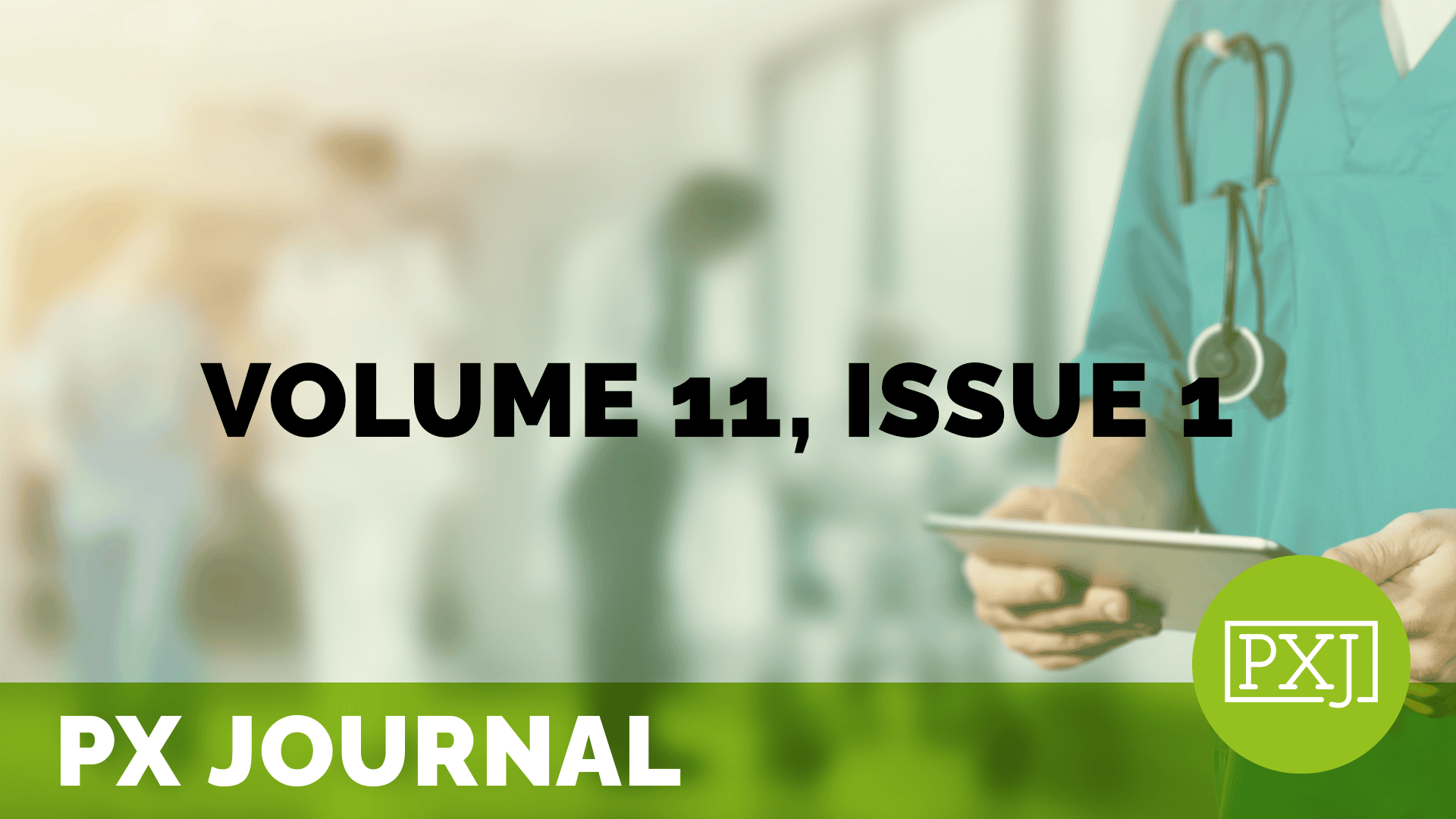Helping Patients Navigate the Emergency Department: Assessing the Utility of a Poster Illustrating the Patient Journey
Published April 30, 2024


Patients often have limited understanding of the emergency department (ED) care process, which can increase anxiety, frustration, and confusion. This study implemented and assessed the usefulness of a poster explaining the ED care process. A large wall-mounted poster illustrating the patient journey was developed; two different data collection techniques were used. First, a QR code/URL was used to passively collect patient reactions to the poster in 15 EDs. Due to limited response, a paper survey was developed and delivered by research assistants in three study sites using a consecutive sampling method. A total of 67 responses were collected from the QR/URL method between October 2017 and July 2021. The in-person survey collected 316 responses, of which approximately half of the respondents were women and the majority identified as white. Half of the respondents presented to the ED alone. Nearly 40% of respondents had noticed and engaged with the poster without prompting. Once prompted, the majority of respondents understood its content and over half found the information to be extremely or very helpful in preparing them for their ED journey. Respondents identified three additional key information needs: 1) real-time waiting times, 2) triaging scoring information, and 3) support on what to do while waiting. Patient journey posters may assist patients in navigating the ED care process. Exploring alternative delivery methods, personalizing materials and addressing wait times may increase usefulness. Reconceptualizing the waiting room as an opportunity for patient education and communication may alleviate patient fears and better prepare them for the ED journey.
Related content
-
Patient Family & Community Engagement | Staff & Provider Engagement
Building Cognitive-Based Compassion into Service Recovery Training
Published October 23, 2025

2pm ET / 1pm CT / 12pm MT / 11am PT – Traditional service recovery training often focuses on key principles and de-escalation techniques, leaving learners with theoretical knowledge but lacking practical implementation skills. In response to rising workplace violence and increasing complaints, we redesigned our service recovery training to incorporate cognitive-based compassion training. This
Learn more -
Patient Family & Community Engagement
My Life, My Story and Life Recovery among Veterans with Substance Use Problems
Published May 5, 2025

The United States Veterans Health Administration My Life, My Story (MLMS) program is a patient-centered care intervention where veterans are interviewed about their life story and may grant permission to include it in their electronic health record (EHR). Our purpose was to focus on a sample of MLMS narratives from veterans with self-disclosed substance use
Learn more -
Patient Family & Community Engagement
Escuchame: A Story of Patient Resilience
Published May 5, 2025

This article is a narrative following a patient’s experience through the American Healthcare system. This article is written by a second-year medical student. During this time the individual repeatedly engaged in different specialties of medicine such as neurology, neurosurgery, oncology, emergency medicine, gynecology, and primary care. This narrative demonstrates how certain issues such as healthcare
Learn more
